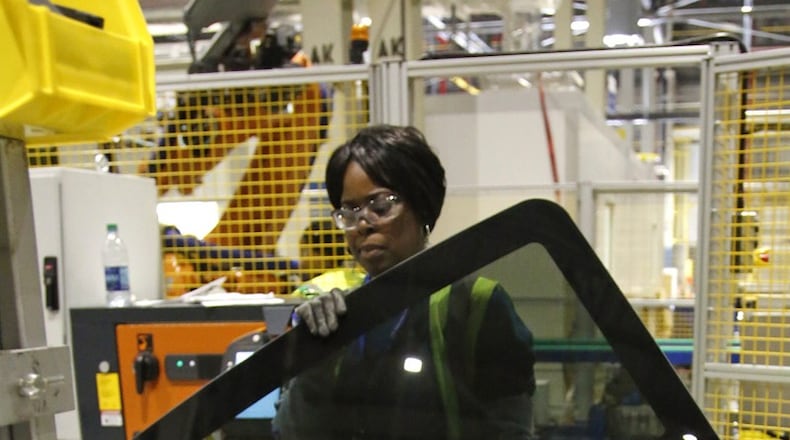But Robert DeRose, a Columbus attorney representing the workers, said in a recent interview that he doesn’t necessarily need a large number of Fuyao employees to join the lawsuit in order to achieve class-action status.
RELATED: Fuyao employees reject UAW bid by wide margin
“I have to show that they (Fuyao workers and former workers) are similarly situated,” DeRose said. “We’ve shown that 13 people (so far) agree that they are all treated similarly.”
